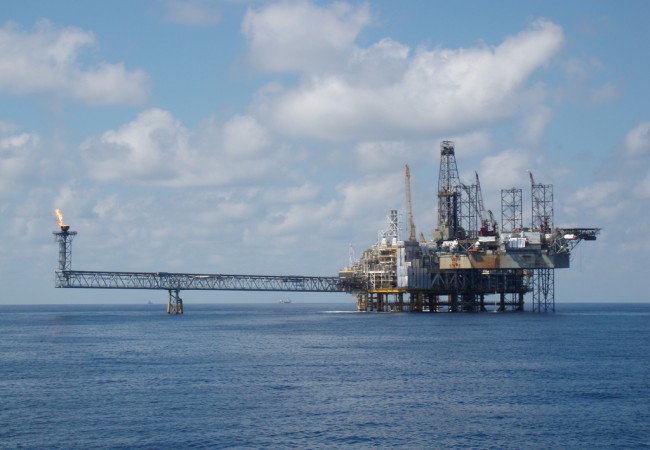
Ending the ‘resource curse’
A significant portion of Papua New Guinea’s hydrocarbon interests from its liquid natural gas (or LNG) project will be held in The National Petroleum Company of Papua New Guinea (NPCP) – a publicly listed, state-owned entity formerly trading as Kroton No.2. The new-look NPCP holds the country’s 16.57 percent share of equity in the massive PNG LNG project, and promises to generate immense wealth for Papua New Guineas 6.7 million citizens. This underlines the growing potential for PNG to leverage a greater share of benefits generated from the development of its own vast energy resources alone that could impact future domestic wealth creation, internally driven development and inclusive growth.
As the state-nominee since 2009 the revised NPCP is estimated to be worth around 20 billion kina (roughly USD 10 billion). The PNG owned organisation, under a newly constituted board of directors, is expected by some to be an aggressive manager of the state’s oil and gas assets.
Under a recent restructure of Papua New Guinea’s state-owned utilities company the Independent Business Corporation (IPBC) – the NPCP will assume control over all of the state’s equity holdings in hydrocarbons, including oil and gas.
In 2012, PNG’s decision makers debated the value of maintaining a state-own business entity designed for the sole purpose of managing the nation’s interests from its vast oil and gas wealth. But the NPCP Chairman and PNG businessman Frank Kramer identifies the massive economic and growth potential that can be unleashed by NPCP. Kramer notes the reconstituted organization bears the ‘responsibility of carrying all the State’s interests in the hydrocarbon space, covering upstream, midstream and downstream activities’.
Under the new arrangements the NPCP takes its lead from a private sector focus on competition and market forces that drive industry competitors and PNG’s international partners. As a national state-owned oil company that observes corporate and private sector standards the NPCP will come under the protection of an Act of parliament in future to fortify the states aim to ensure its longevity.
Based on the success of international and regional sovereign oil companies, PNG’s efforts to control its own hydrocarbon resources reflects an international trend towards state-owned National Oil Companies (NOC’s), many of whom have reputations for successful control over all aspects of the development of their petroleum and energy resources. As a publicly listed oil and gas company, the members of the National Executive Council (NEC) chaired by the PNG Prime Minister will represent NPCP’s 6.7 million shareholders.
Petromin ceases to exist
A PNG Government announcement last week signals the beginning of a new path towards the states ownership of a national oil company that will hold all of its minerals energy resource interests in a single entity headed by PNG Nationals.
